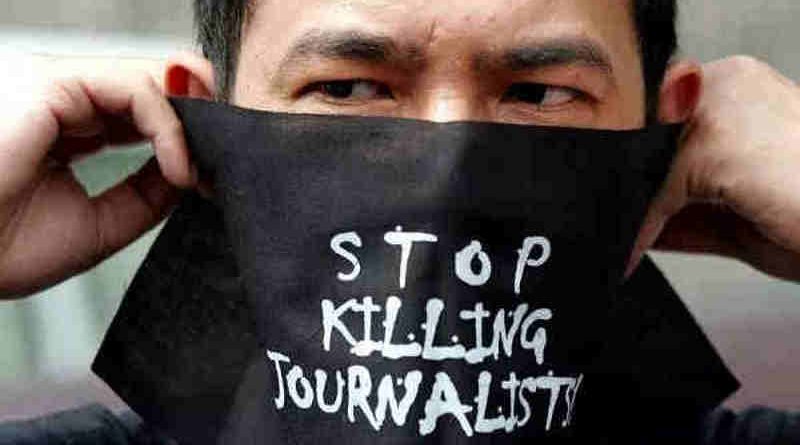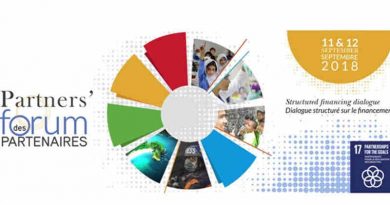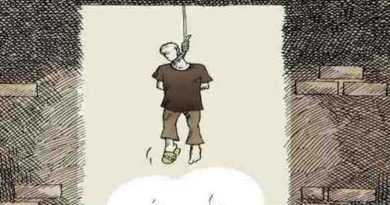UN and the Netherlands Launch Initiative to Protect Journalists

UN Human Rights and UNESCO have joined forces with the Netherlands in a two-year initiative to promote press freedom and the safety of journalists worldwide.
On 10 December, Human Rights Day, the Dutch Foreign Minister, Stef Blok, announced at the 2020 World Press Freedom Conference that the Netherlands has earmarked 7 million euros for a joint international campaign with both UN organizations.
The partnership will aim to put in place activities that foster an independent and free press and promote access to information. The partners action will also focus on the safety of journalists – paying particular attention to women journalists – and on ending impunity for violations committed against media professionals.
“Today, freedom of the media is under assault, and we are failing to effectively stem the tide of threats to journalists, and particularly women journalists,” said UN High Commissioner for Human Rights, Michelle Bachelet.
“This initiative by the Netherlands is a crucial step to addressing that gap. We need to act urgently to protect those who protect us, by courageously exposing corruption, confronting violence and abuse, and providing vital information for each of us. Impunity for those who imprison, intimidate, and kill journalists must end,” she added.
Since 2019, 108 journalists were killed, as per the UNESCO Observatory on Killed Journalists. The International Federation of Journalists (IFJ) reported the deaths of 2658 journalists and media workers around the world in the last 30 years.
|
Editor’s Note Today there is no organization in the world that is working effectively to protect journalists from state excesses and police brutality. Although UNESCO and other UN agencies keep releasing loose statements and random reports about media freedom, they too have failed miserably to protect journalists in different countries. Similarly, the NGOs – such as Reporters Without Borders (RSF), Amnesty International, and Human Rights Watch – that claim to be working for press freedom and protection of journalists operate only as secondary news outlets. They lift news from here and there about attacks on journalists and simply publish it under their own banners on their websites. They cannot influence and change the brutal decisions of the authorities that are unleashing terror on journalists. By Rakesh Raman |
Also according to the IFJ, over those decades, half of these killings happened in countries which suffered from war, corruption, or a ruinous breakdown in the rule of law.
No journalist should be criminalized or harassed because of their reporting. Yet, in 2018, Committee to Protect Journalists counted 254 detained journalists. By December 2019, Reporters without Borders (RSF) counted 389 journalists in prison. Under Covid-19 measures, the International Press Institute reports to date 185 arrests or charges.
For Minister Blok, “No journalist should have to fear intimidation, violence, or persecution. Journalists should just be able to do their job. They are the oxygen of a free, inclusive, and diverse society.”
UNESCO’s Director General, Audrey Azoulay, also welcomed the partnership, pointing out that “Threats to press freedom are many and are to be found in all parts of the world. Today, the majority of murdered journalists die outside of conflict zones and impunity remains the rule. This new partnership with the Netherlands and the OHCHR (Office of the United Nations High Commissioner for Human Rights) will support press freedom.”
A recent UNESCO report, Safety of Journalists Covering Protests – Preserving Freedom of the Press During Times of Civil Unrest, points to a wider upward trend in the use of unlawful force by police and security forces over the last five years.






